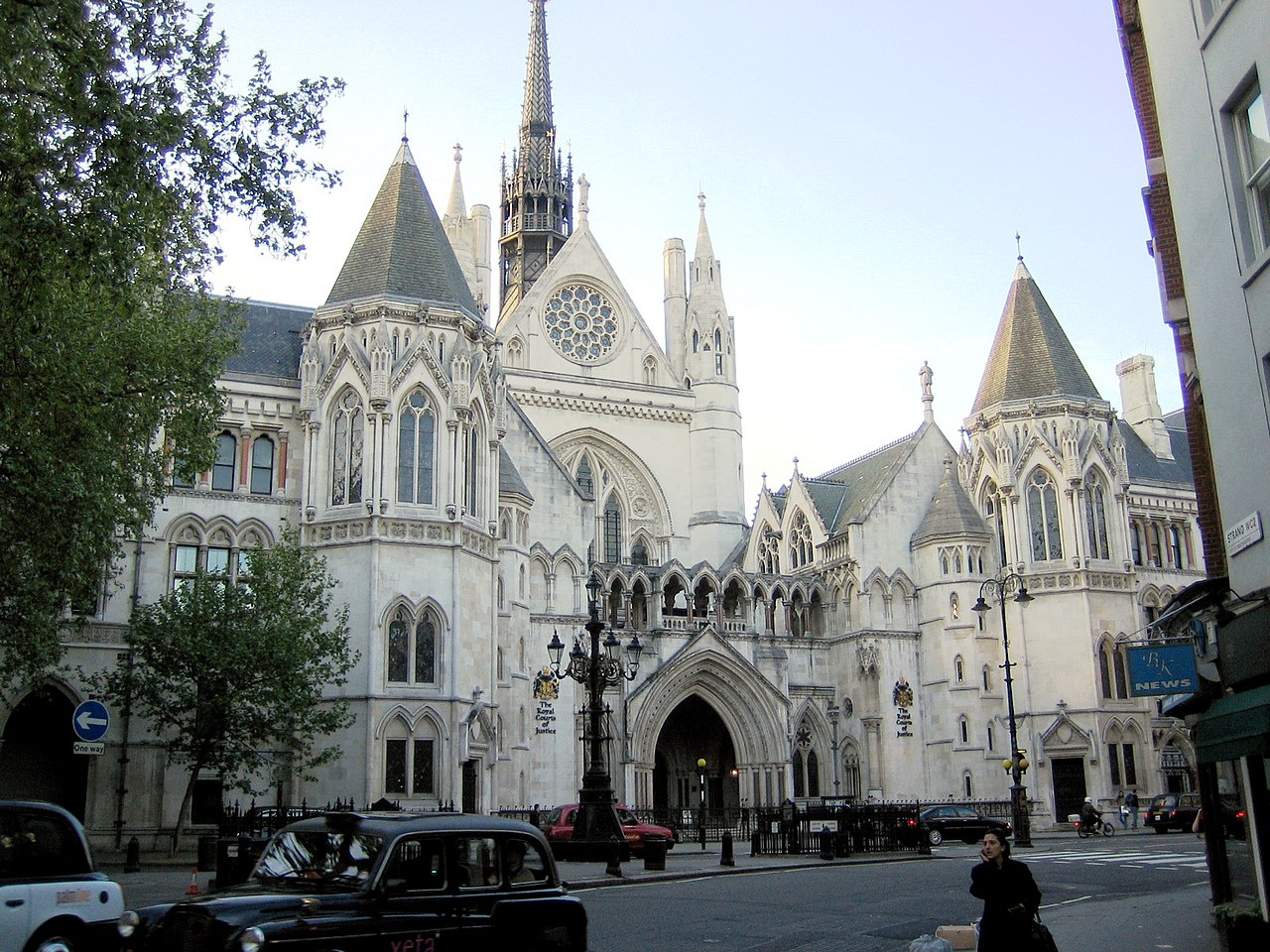LONDON (Parliament Politics Magazine) – The High Court concluded that the government’s policy on discharging patients from hospitals to care homes during the onset of the Covid pandemic was unlawful.
Two women sued the former health secretary and Public Health England, alleging that Covid patients were discharged from hospitals and placed in care homes without being tested.
It resulted in a “shocking death toll,” according to Fay Harris and Dr Cathy Gardner.
The government had stated that it “worked tirelessly” to ensure public safety.
Michael Gibson, who lived in an Oxfordshire property during the UK’s first lockdown, died on 3 April 2020 at the age of 88.
After the home took in a patient who had been discharged from a hospital with the virus, his cause of death was recorded as “suspected Covid.”
She had believed all along that her father and other residents of care institutions had been neglected and let down by the government, his daughter, Dr Gardner, 60, of Sidmouth, Devon, said.
The High Court had now vindicated that belief, and their campaign to disclose the truth, said the independent district councillor with a PhD in virology.
It was also evident now that Matt Hancock’s assertion that the government put a protective ring around care homes during the initial wave of the pandemic was nothing more than a vile falsehood for which he should be ashamed and apologise.
Donald Harris, a former Royal Marine, died on May 1, 2020, in Alton, Hampshire, following an outbreak in his care home.
Fay Harris, 58, of Medstead, Hampshire, said she was “pleased” with the decision and that it provided “some comfort.”
Many vulnerable people had been exposed to a greater danger of mortality – and many thousands had died, she said of the government’s actions.
The government’s failure to be honest and own up to their faults had only added to her and many others’ pain, Ms Harris said.
In the aftermath of the verdict, both ladies claimed PM Boris Johnson should resign.
The women stated that important rules for discharging patients from hospitals to care homes were introduced without proper testing or isolation arrangements.
The policies, according to the High Court, neglected to consider the potential of non-symptomatic viral transmission to old and vulnerable persons.
The women’s claims against the health secretary and Public Health England were partially successful.
Despite increasing knowledge of the risk of asymptomatic transmission throughout March 2020, Justice Garnham and Lord Justice Bean concluded that there was no proof that then-Health Secretary Matt Hancock addressed the problem of the risk of asymptomatic transmission to care home residents.
Other claims brought under human rights law and against NHS England, on the other hand, were dismissed by the judges.
The case completely clears ministers of any misconduct and finds Mr Hancock acted fairly on all matters, according to a spokesman for Matt Hancock.
It was also found by the court that Public Health England had failed to inform ministers about asymptomatic transmission, he stated.
Mr Hancock had often expressed his regret that this had not been brought to his attention sooner.
“Every death is a tragedy,” the government said before the verdict was released. They had worked tirelessly to protect the public from the pandemic’s threat to life and health, and specifically sought to preserve care facilities and their residents.






